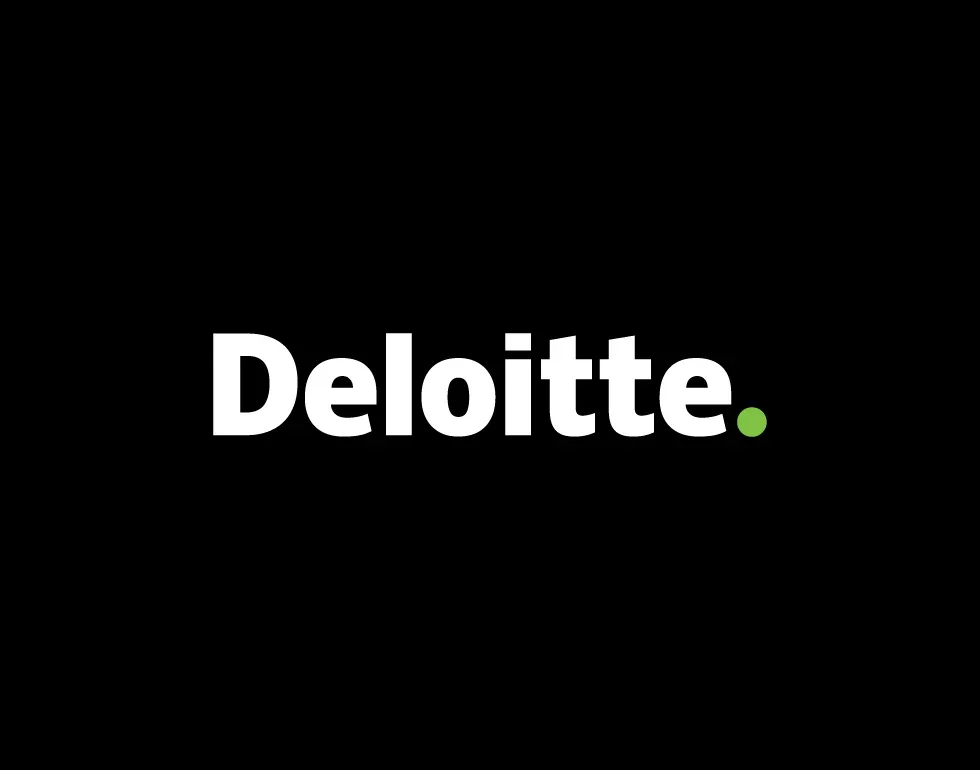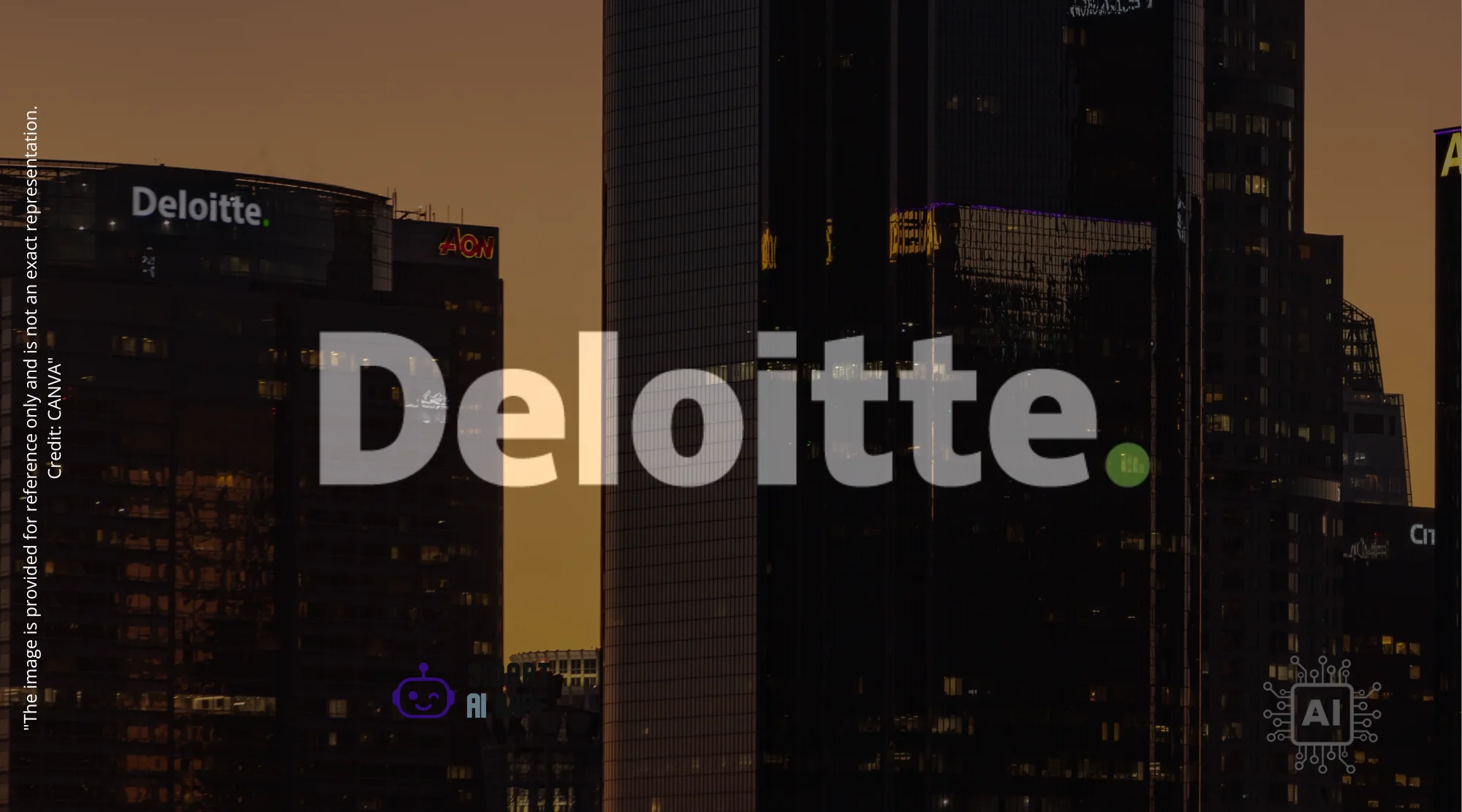The rise of artificial intelligence in business has been meteoric, but it’s not without its pitfalls. A recent incident involving consulting giant Deloitte highlights the critical need for caution and robust oversight when using AI in professional services. What happened, and what lessons can businesses learn from this cautionary tale?
Deloitte was recently caught in a storm after admitting that a report it delivered to the Australian government contained AI-generated content riddled with errors. The consultancy has agreed to refund part of a $440,000 fee after its report, intended to assess the “Future Made in Australia” compliance framework, was found to contain fabricated academic citations and other inaccuracies. This incident underscores the importance of implementing stringent safeguards when integrating AI in business.
The Deloitte Debacle: AI Hallucinations and Human Oversight
The report, commissioned by the Department of Employment and Workplace Relations (DEWR), aimed to evaluate the compliance framework and related IT systems. However, scrutiny revealed significant flaws, including fabricated academic sources and a misattributed quote. Deloitte acknowledged using a generative AI model (Azure OpenAI GPT-4o) during the initial drafting phase, emphasizing that human review was intended to refine the content and validate the findings.

Christopher Rudge, a welfare law academic, described the errors as “AI hallucinations,” a term used to describe instances where generative models fabricate plausible but incorrect details. This highlights a key challenge: AI, while powerful, is not infallible and requires careful human oversight. The incident prompted the Australian government to reissue a corrected version of the report, removing or replacing over a dozen fictitious references and rectifying other errors. The government has indicated that future consultancy contracts may include stricter AI-usage clauses.
AI Errors: A Growing Concern Across Industries
The Deloitte case is not an isolated incident. Concerns about AI errors are rising across various industries, prompting increased scrutiny and regulatory action. Other instances have surfaced globally, even triggering financial penalties.
In India, the National Financial Reporting Authority (NFRA) penalized Deloitte Haskins & Sells LLP for lapses in the audit of Zee Entertainment Enterprises Ltd (ZEEL). While not directly related to AI, this case demonstrates the potential consequences of neglecting due diligence and failing to adhere to professional standards, issues that are amplified when using AI tools.
In the United States, state bar associations are investigating whether AI-generated legal briefs misstate case law or misattribute sources. This has led to the development of AI guidance and task forces to address these issues, further emphasizing the need for ethical guidelines and oversight in the use of AI in professional settings.
Universities have also retracted academic papers due to authors using AI tools without proper verification of generated references. This damages trust in scholarship and underscores the importance of academic integrity in the age of AI.
Mitigating Risks: Strategies for Responsible AI Integration
To effectively leverage AI in business while minimizing the risks, organizations must adopt a proactive approach that emphasizes transparency, accountability, and rigorous oversight.
- Strong AI-use clauses in contracts: Clients should stipulate when and how AI can be used, mandating transparency and demanding attestations of human review.
- Audit and traceability: Every claim in a report should be traceable, with human-verifiable sources. Implementing thorough fact-checking processes is crucial to ensure accuracy and reliability. Reputable sources like the National Institute of Standards and Technology (NIST) offer guidance on AI risk management.
- Cross-jurisdiction regulatory frameworks: Nations will increasingly require guidelines about AI in professional services.
- Training and literacy: Human reviewers must be AI-literate and capable of spotting hallucinations or implausible references. Investing in training programs can equip employees with the necessary skills to critically evaluate AI-generated content.
- Ethical risk management: High-stakes reports (government policy, welfare systems, court judgments) demand extra safeguards when AI is involved.

Consider the implications of AI’s impact on content creation, as explored in our article, AI & Content Creation: MrBeast’s Take on the Future of YouTube. The insights shared there are extremely useful.
The Future of AI in Business: A Balanced Approach
The Deloitte incident serves as a stark reminder that AI, while transformative, is not a silver bullet. A balanced approach that combines the power of AI with the critical thinking and ethical judgment of humans is essential. As businesses continue to integrate AI into their operations, it’s imperative to prioritize transparency, accountability, and ongoing training to mitigate risks and unlock the full potential of this technology.
By embracing these principles, organizations can navigate the complexities of AI integration and ensure that it is used responsibly and ethically to drive innovation and achieve business objectives.




One thought on “AI Errors in Business: Lessons from the Deloitte Debacle”